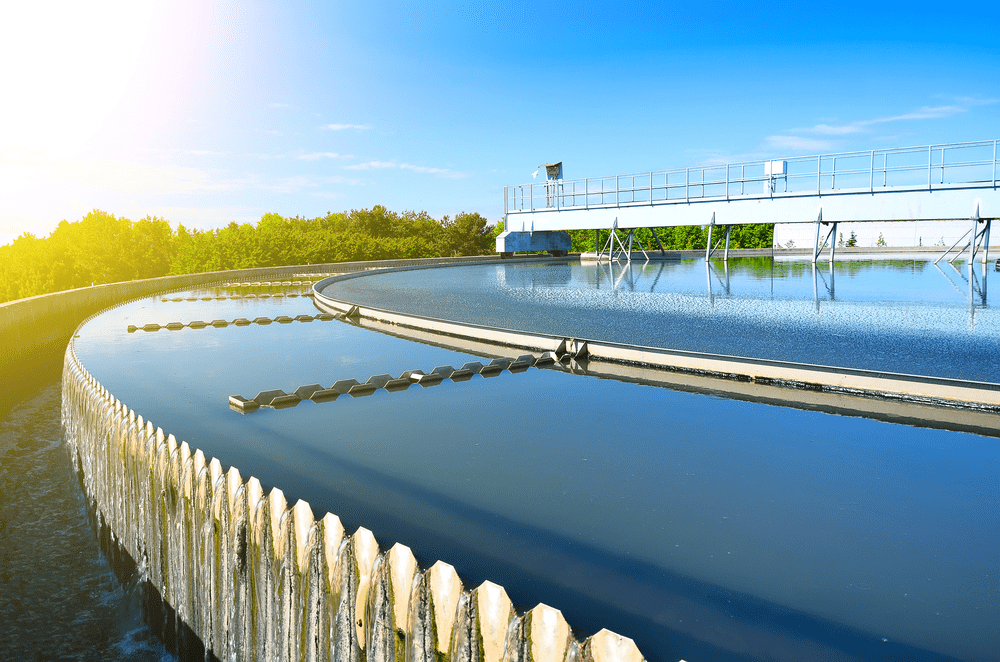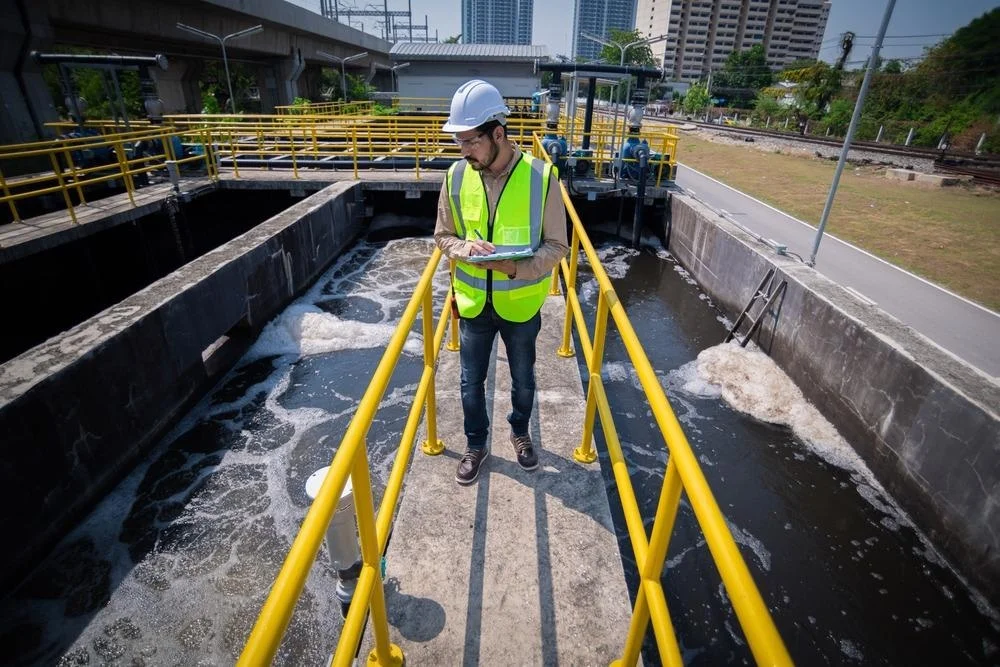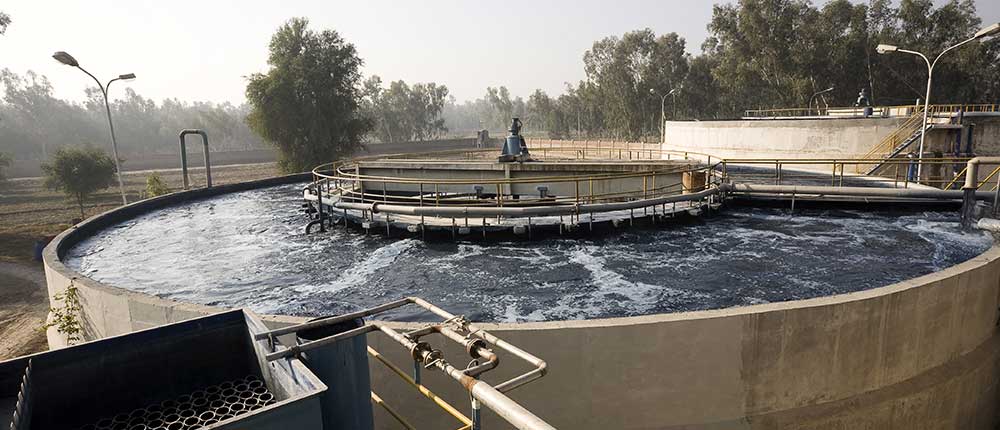
In the rapidly developing industrial landscape of India, water plays a crucial role in the production processes of various industries. From manufacturing to chemical processing, industries rely heavily on water for their daily operations. However, the safe storage of water is often overlooked, leading to potential risks of contamination and deterioration of water quality. In this blog post, we will discuss the importance of safe water storage practices for Indian industries and provide guidelines for maintaining water quality in industrial storage tanks.
Different industries have varying water storage needs based on their scale of operations and the type of processes they engage in. For instance, industries such as textiles, food and beverage, and pharmaceuticals require large quantities of water for their production processes. On the other hand, industries like automobile manufacturing and electronics may require water for cooling purposes. Regardless of the industry type, it is essential for all industries to implement safe water storage practices to ensure the quality and availability of water for their operations.
One of the key aspects of safe water storage practices is the maintenance of water quality in industrial storage tanks. Industrial storage tanks are susceptible to contamination from various sources such as bacteria, algae, sediments, and chemicals. Contaminated water not only affects the quality of products but also poses health risks to employees and surrounding communities.

To maintain water quality in industrial storage tanks, industries should follow the following guidelines:
Regular Cleaning: Industrial storage tanks should be cleaned regularly to remove any accumulated sediments, algae, and other contaminants. Cleaning should be done using safe cleaning agents and procedures to avoid further contamination of water.
Monitoring Water Quality: Industries should regularly monitor the quality of water stored in tanks through testing for pH levels, turbidity, bacteria, and other indicators of water quality. Any deviations from the standard parameters should be addressed promptly to prevent further deterioration of water quality.
Inspecting Tank Integrity: Industrial storage tanks should be inspected periodically for signs of corrosion, leaks, and other damages that could compromise the integrity of the tank. Any issues found during inspections should be repaired immediately to prevent water contamination.
Implementing Water Treatment: Industries should consider implementing water treatment systems such as UV sterilization, filtration, and chemical disinfection to maintain water quality in storage tanks. These treatment systems help in removing impurities and disinfecting water to make it safe for industrial use.

By following these guidelines for maintaining water quality in industrial storage tanks, Indian industries can ensure the availability of safe and clean water for their operations. Safe water storage practices not only improve the quality of products but also contribute to the overall sustainability and environmental responsibility of industries in India. It is imperative for industries to prioritize water storage practices to ensure the long-term viability and success of their operations. Let us work together to promote safe water storage practices and secure a sustainable future for Indian industries.


